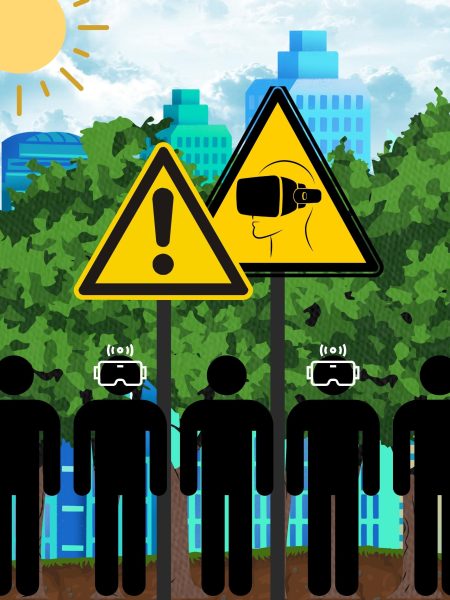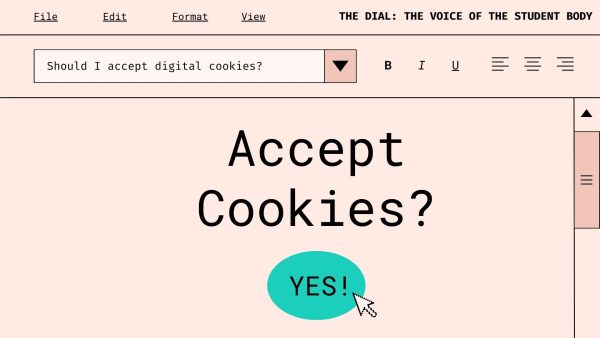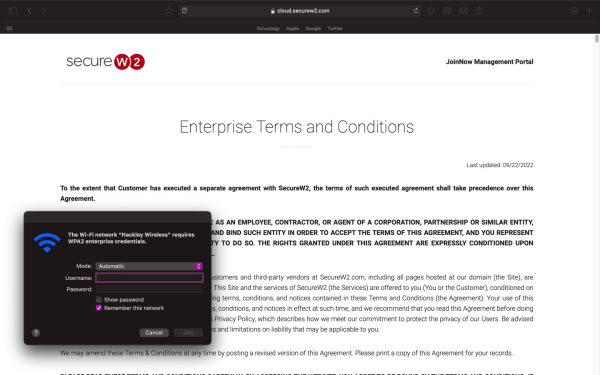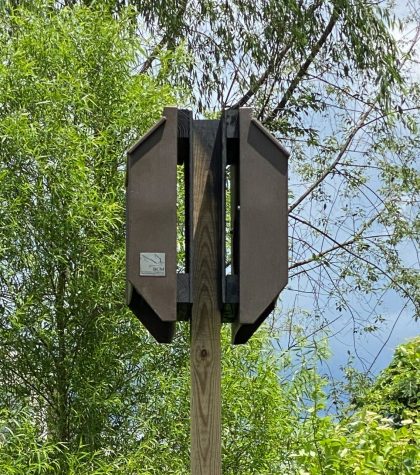Should Government Have Access to Private Information?
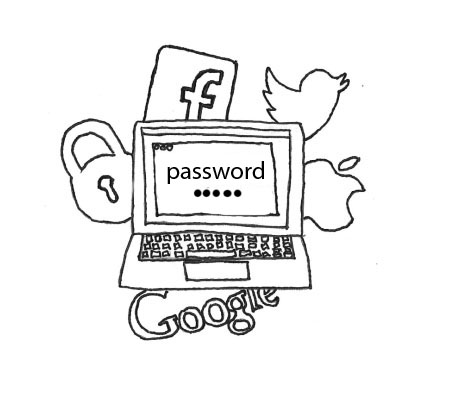
Credit: Georgia Panitz
May 30, 2016
The Bourne Identity. The Dark Knight. The Truman Show. 1984. What do all these movies have in common? They all feature personal invasion of privacy through surveillance. For years, Internet privacy and government limitations of surveillance have been featured in popular culture and have become highly debated subjects, especially in light of recent events.
The issues of privacy and surveillance have been in the spotlight recently in the wake of the Apple and FBI encryption dispute. After the mass shooting and attempted bombing of the Inland Regional Center in San Bernardino, California on December 2, 2015, a man named Syed Rizwan Farook and his wife Tashfeen Malik were deemed responsible. The shooting resulted in the death of 14 civilians and the injuries of 22 others. Despite taking the precaution of destroying their personal phones, the couple forgot to destroy Farook’s work-issued iPhone 5C before they were killed in a police shootout, shortly after their attack.
On February 9, almost two months after the attack, the FBI announced that it was unable to access the iPhone that could possibly provide critical information about the case. The FBI asked Apple for access to software that could break into Farook’s iPhone. Despite constant pressure from the FBI and an official court order, Apple continued to defend its position. The FBI even proposed it would only use the software for the San Bernardino case, and even asked Apple to create a software that would be compatible with Farook’s iPhone. One of the reasons Apple said it would not provide the software, was that such software could be used by the government in similar circumstances, and more importantly, third parties could then be able to invade private digital information. Apple explained that there was no way to completely erase a software once it’s created, “Once the information is known, or a way to bypass the code is revealed, the encryption can be defeated by anyone with that knowledge… Once created, the technique could be used over and over again, on any number of devices,” said Apple in a released statement. On March 28, the iPhone was unlocked by the government without the help of Apple. It was opened with the use of software bought for more than $1.3 million from the Israeli technology company Cellebrite, which creates data extraction devices for mobile technology.
A poll sent out to the Hackley student body reveals a mixture of opinions with 43.8% supporting Apple, 23.9% supporting the FBI, and 32.3% as neutral to the positions. “I believe strongly in the importance of encryption, for both the role it plays in ensuring confidentiality in business (and within the government), and also I think people should be able to protect their private communications from the government, companies, and criminals,” said junior Owen Friesen, who sides with Apple’s stance. Junior Akash Samad offered a different perspective and supports the government’s stance, “If national security is in question then a company should be forced to cooperate with the government. If there is no threat to national security then the government has no power to push a company to do anything.” While there are varying views on whether software and data which protects personal information should be shared with the government, it is important that the issue is being discussed and debated.

